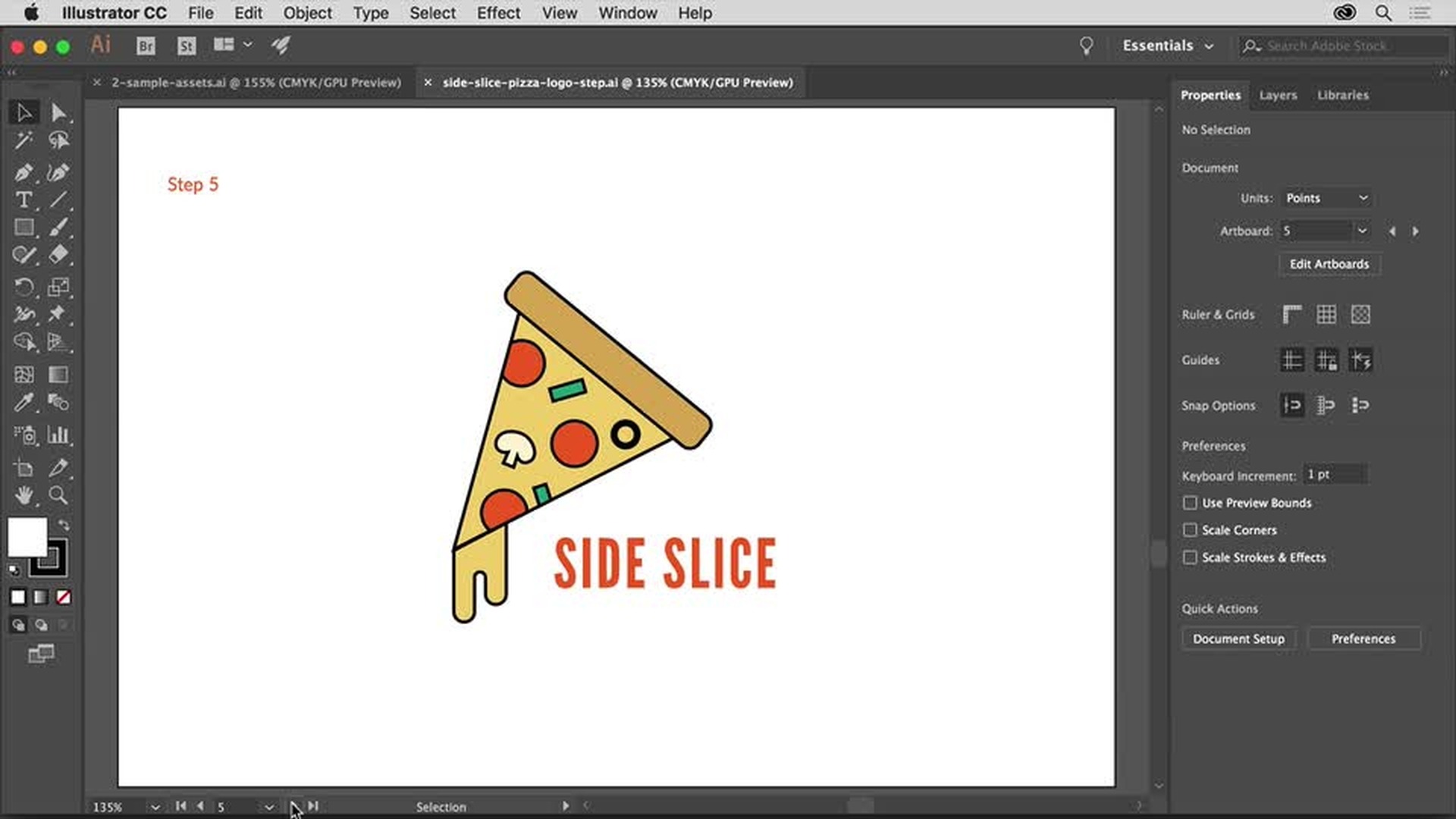Adobe Elements 2025 is making the news again. Adobe has announced the end of perpetual licensing for its Elements software line. Starting with the 2025 edition, you’ll experience a fundamental change in how you access and use Photoshop Elements and Premiere Elements, with a strict three-year usage limit before access termination.
The New Licensing Model Explained
The transformation of Adobe’s licensing structure marks a pivotal moment in the company’s history. You’ll now find yourself navigating a time-limited system rather than the traditional perpetual ownership model. When you purchase either Photoshop Elements or Premiere Elements 2025, you’re essentially buying a three-year access period to the software. This represents a significant departure from the previous model where you could use the software indefinitely after a single purchase. The pricing structure remains competitive, with Photoshop Elements 2025 and Premiere Elements 2025 each priced at $99.99, while a combination package is available at $149.99. This new approach mirrors the subscription-based model Adobe implemented for its professional suite in 2013, though with a different payment structure.
This transition didn’t materialize overnight. You might recall that Adobe began this journey in 2013 when they discontinued perpetual licenses for their professional software suite, including the flagship Photoshop and Premiere Pro applications. The Elements line remained one of the last bastions of perpetual licensing in Adobe’s portfolio, making this change particularly noteworthy. Adobe frames this transition as a step toward creating a more integrated and connected creative experience. You’ll gain access to companion web and mobile applications, suggesting a broader ecosystem approach to creative software solutions.
The new version of Photoshop Elements brings substantial improvements to your editing capabilities. The AI-powered Remove tool revolutionizes how you approach photo editing, offering sophisticated object removal that previously required advanced expertise. When you need to eliminate unwanted elements from your photos, the Object Removal Guided Edit system walks you through the process step by step. The AI technology analyzes your image and automatically fills the space with contextually appropriate content, maintaining the photo’s integrity and natural appearance.
The introduction of the Depth Blur filter transforms how you create professional-looking portraits. You’ll find yourself able to replicate the sophisticated bokeh effect typically achieved with expensive camera equipment. This feature analyzes your images to create natural-looking depth of field effects, giving your portraits a professional studio quality. The enhanced collage tools provide unprecedented creative control, allowing you to merge photos seamlessly, incorporate dynamic motion effects, and fine-tune colors with professional precision.
Premiere Elements 2025 Video Editing Advancement

The video editing component of the 2025 release introduces sophisticated color management tools that elevate your video production capabilities. The integration of color lookup tables (LUTs) gives you professional-grade control over your footage’s appearance. You’ll find yourself able to maintain consistent color grading across entire projects, ensuring your videos maintain a cohesive look throughout. The enhanced White Balance feature provides precise control over color temperature, eliminating unwanted color casts that can plague video footage.
The new Curves feature brings advanced color manipulation to your fingertips, offering granular control over your video’s color profile. You’ll discover the ability to fine-tune highlights, shadows, and everything in between, achieving exactly the mood and atmosphere you envision for your projects. These tools work together seamlessly to provide you with a comprehensive color grading solution that rivals professional video editing software.
The transition to time-limited licensing significantly impacts how you’ll approach your creative projects. You’ll need to consider the three-year timeline when planning long-term projects and archival work. This change particularly affects those who rely on version consistency for extended projects or who prefer to upgrade software on their own schedule. The new model requires more deliberate planning around software updates and project timelines, potentially affecting your workflow and budget considerations.
Market Alternatives and Future Considerations
As you adapt to these changes, you might want to explore alternative software solutions. The market offers various options for both photo and video editing, each with its own licensing model and feature set. Programs like Affinity Photo provide one-time purchase options, while DaVinci Resolve offers robust free versions alongside premium features. These alternatives might better suit your specific needs and preferences, especially if you prefer perpetual licensing models.
Looking ahead, this change signals a broader industry shift toward subscription and time-limited software licensing. You’ll need to evaluate your creative needs, budget constraints, and workflow requirements to determine the best path forward. While Adobe’s new features offer enhanced capabilities, the limited usage period introduces new considerations for long-term project planning and software investment strategies.
This transformation in Adobe’s licensing model represents more than just a pricing change – it reflects an evolving software industry that increasingly emphasizes connected experiences and regular updates over perpetual ownership. As you navigate these changes, consider how they align with your creative goals and professional requirements, ensuring your chosen tools continue to serve your needs effectively.









Add Comment